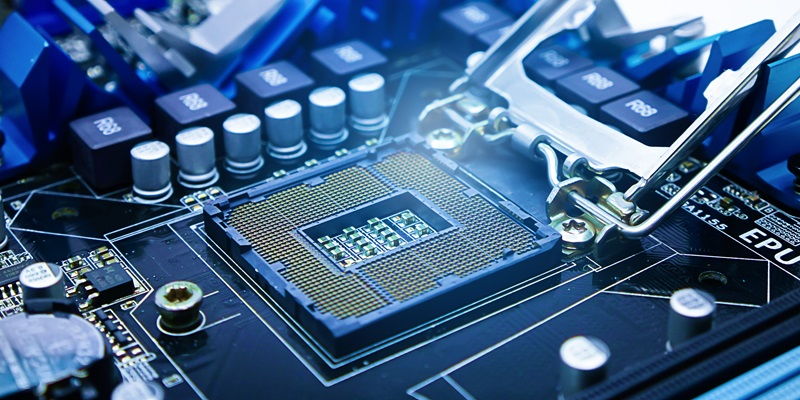Building a new PC can be an exciting but challenging process, especially when it comes to selecting the right CPU. With the recent launch of Intel’s Raptor Lake Refresh lineup, it’s crucial to weigh the options and compare the Intel Core i7-14700K against the Intel Core i9-13900K to make an informed decision. In this article, we will delve into the features, performance, pricing, and compatibility of these processors, ultimately helping you determine which one is the better fit for your PC build.
Overview of the Intel Core i7-14700K
The Intel Core i7-14700K stands out as one of the standout processors from the Raptor Lake Refresh lineup. It offers an impressive set of features and capabilities that make it a great choice for PC enthusiasts. Notably, this processor holds its ground against the top processors manufactured by AMD as well. This means that opting for the Intel Core i7-14700K opens up a world of potential for your PC build.
Overview of the Intel Core i9-13900K
Even in its second year of market availability, the Intel Core i9-13900K remains a behemoth of a processor. In our glowing 5-star review, we described it as “a beast in just about every area.” This processor has proven its mettle, standing strong against CPUs from AMD and Intel’s previous lineups. Its performance and capabilities make it an attractive option for those seeking a high-performance CPU.
A Comparison of Performance
When comparing the performance of the Intel Core i7-14700K and the Intel Core i9-13900K, both processors showcase impressive capabilities. The 14700K delivers outstanding performance across various areas, providing a seamless experience for tasks such as gaming, content creation, and multitasking. On the other hand, the 13900K has consistently proven its prowess, offering exceptional performance in demanding applications.
Pricing Comparison
Price is an important factor to consider when choosing a CPU for your PC build. The Intel Core i7-14700K comes at a more affordable price point, retailing at $409 / £311 / AU$593. This makes it slightly cheaper than its predecessor, the 13700K, by approximately 2%. In contrast, the Intel Core i9-13900K sells for $589 / £448 / AU$854, maintaining its price since it replaced the 13900K. With a price difference of $180 / £130 / AU$261 (around 44% depending on the region), opting for the 14700K can significantly impact your budget.
Compatibility and Socket
Regardless of whether you opt for a mid-range or high-end processor, both the Intel Core i7-14700K and the Intel Core i9-13900K use the LGA 1700 socket. This means that you won’t encounter compatibility issues when choosing a motherboard for your PC build. The LGA 1700 socket ensures seamless integration and offers a solid foundation for your CPU.
In the battle of the Intel Core i7-14700K vs. the Intel Core i9-13900K, both processors have their strengths and advantages. The 14700K shines with its competitive pricing and remarkable performance, while the 13900K has established itself as a powerhouse processor over the past year. Ultimately, the choice between these two processors depends on your specific needs, budget, and intended usage. Consider your requirements carefully and weigh the pros and cons outlined in this article to make an informed decision for your PC build. Whether you choose the tried-and-tested i9 or decide to give the next-generation i7 a go, both options have the potential to deliver an exceptional computing experience.

